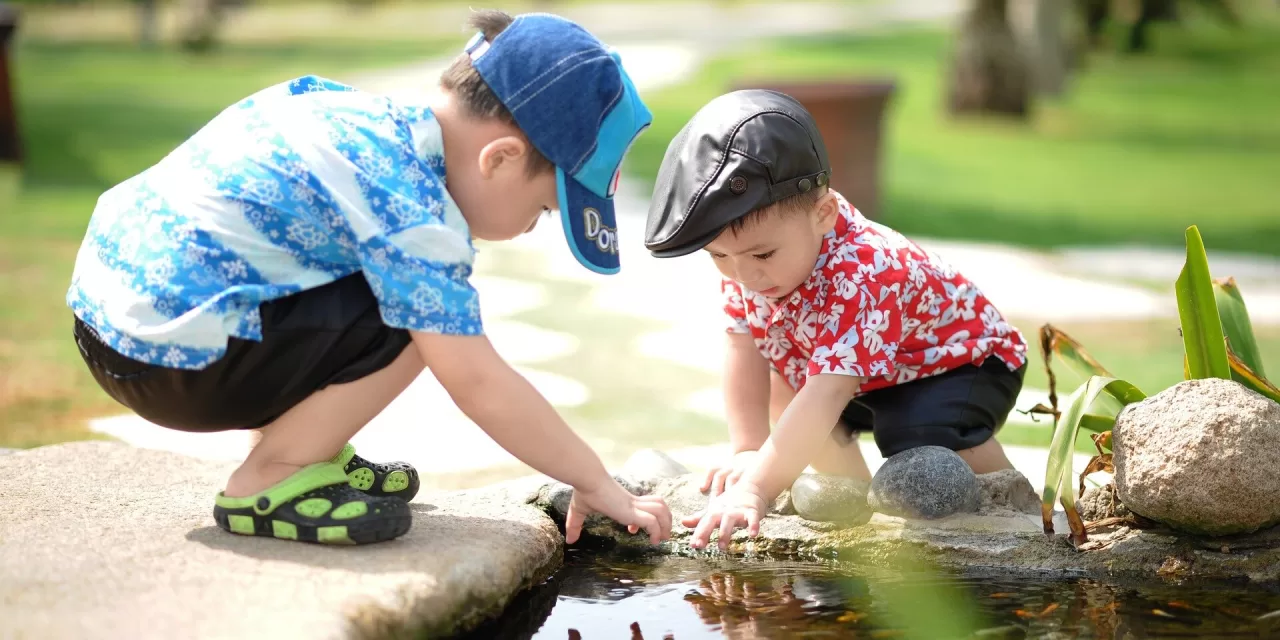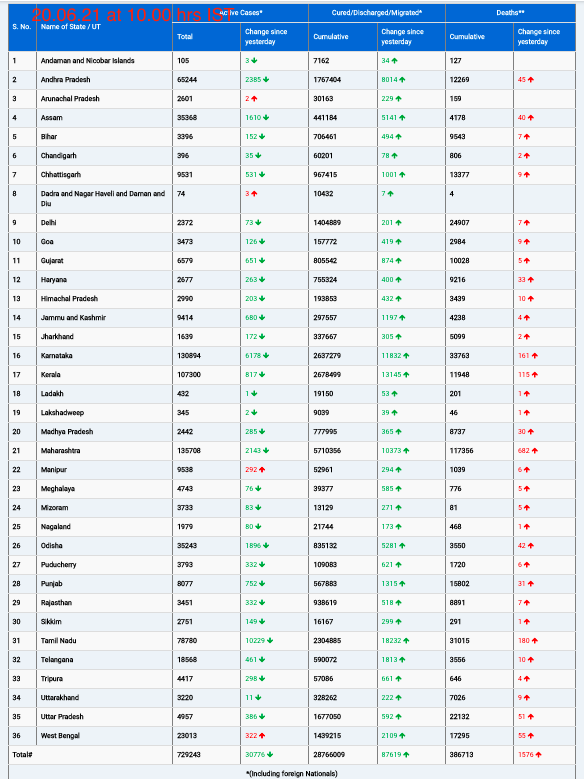A new study challenges the common concern that attending childcare outside the home may harm children’s mental health, even for those who face early adversity. The research, published in the journal Development and Psychopathology, suggests that the number of hours spent in childcare does not significantly affect mental health outcomes, even for children experiencing challenges such as parental mental illness or financial hardship.
In the United States, a significant number of children under the age of 5 spend time in childcare outside the home. As the use of childcare continues to grow, many parents worry that such arrangements could negatively impact their children’s development, particularly when the child is facing additional stressors at home.
“Despite the extensive use of childcare in the U.S. and its documented benefits, some parents continue to worry that sending children to childcare may increase the risk of poor mental health outcomes,” said Dr. Michelle Bosquet Enlow, a researcher from Boston Children’s Hospital and Harvard Medical School, and lead author of the study. “Our findings should offer some reassurance to parents concerned about the impact of childcare attendance on their child’s mental health.”
The study followed 2,024 parent-child pairs from three diverse research groups within the ECHO Cohort, which included children from North Carolina, Pennsylvania, and Tennessee, as well as adoption agencies across the U.S. The research examined childcare experiences from birth to age 3, while assessing mental health symptoms such as anxiety, depression, aggression, and hyperactivity in children aged 3 to 5.5 years.
Key findings from the study include:
- Children who experienced early life adversity, such as parental mental illness or economic hardship, were more likely to show higher levels of anxiety, depression, aggression, or hyperactivity.
- The amount of time spent in childcare—whether center-based, home-based, or with relatives—was not linked to significant changes in mental health symptoms, including among children facing adversity.
- The study found no evidence that longer hours in childcare were associated with worse mental health outcomes for children, regardless of their psychosocial or socioeconomic background.
The findings provide important insights into the role of childcare in early childhood development, especially for children who face additional challenges. “Understanding how childcare influences children’s development, especially those facing adversity, can inform policies that promote healthy outcomes for all children,” said Dr. Bosquet Enlow.
While the study found that adversity in the home increased the likelihood of children experiencing internalizing symptoms, like anxiety, and externalizing symptoms, such as aggression, the duration of childcare did not appear to contribute to worsening or improving these conditions.
This study adds to a growing body of research that suggests childcare, when well-designed and supportive, does not inherently increase risks for mental health issues in children, even for those facing significant challenges in their home environment.
For more details on the study, refer to the publication: The influence of early childhood education and care on the relation between early-life social adversity and children’s mental health, published in Development and Psychopathology (2024). DOI: 10.1017/S0954579424001822.











